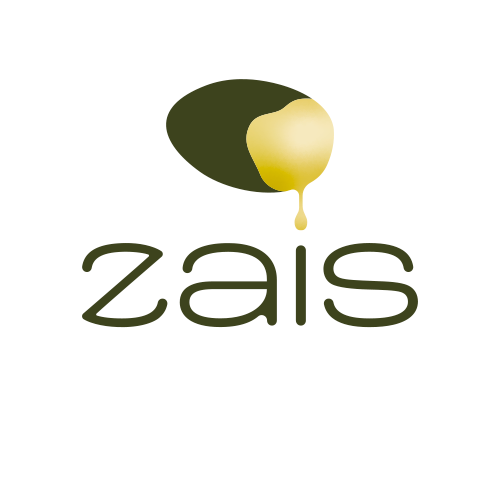THE OLIVE FARM
Our farm is located in TM. From Linares, known as “Paraje Torrubia” with two very different boundaries; one bathed by the Guadalimar River and the other by the Train track, the topography of the land is flat, the soil is silty loam and the existing olive grove is one foot long with several frames of about 25 years old and a 5-year-old hedge. In total we have 60 hectares.
The enclave of the farm with the edge of the river along its entire length causes both the existence of native biodiversity and animal presence typical of the area. If we add to this the one created by us in a sustainable way, it makes the place an “oasis” in a sea of olive trees. At Zais we are committed to ecological, sustainable and biodynamic agriculture to create an oil of magnificent quality.
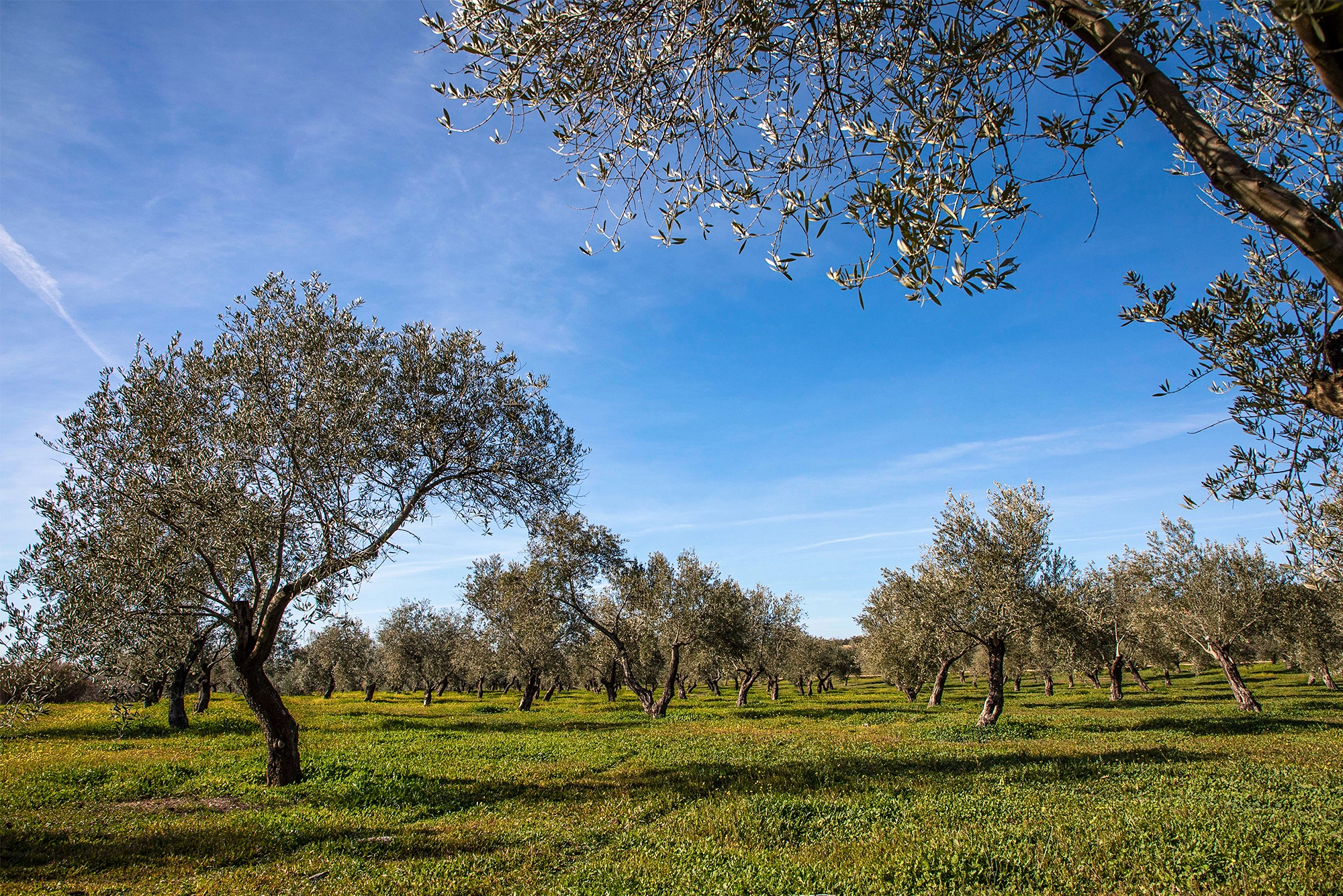
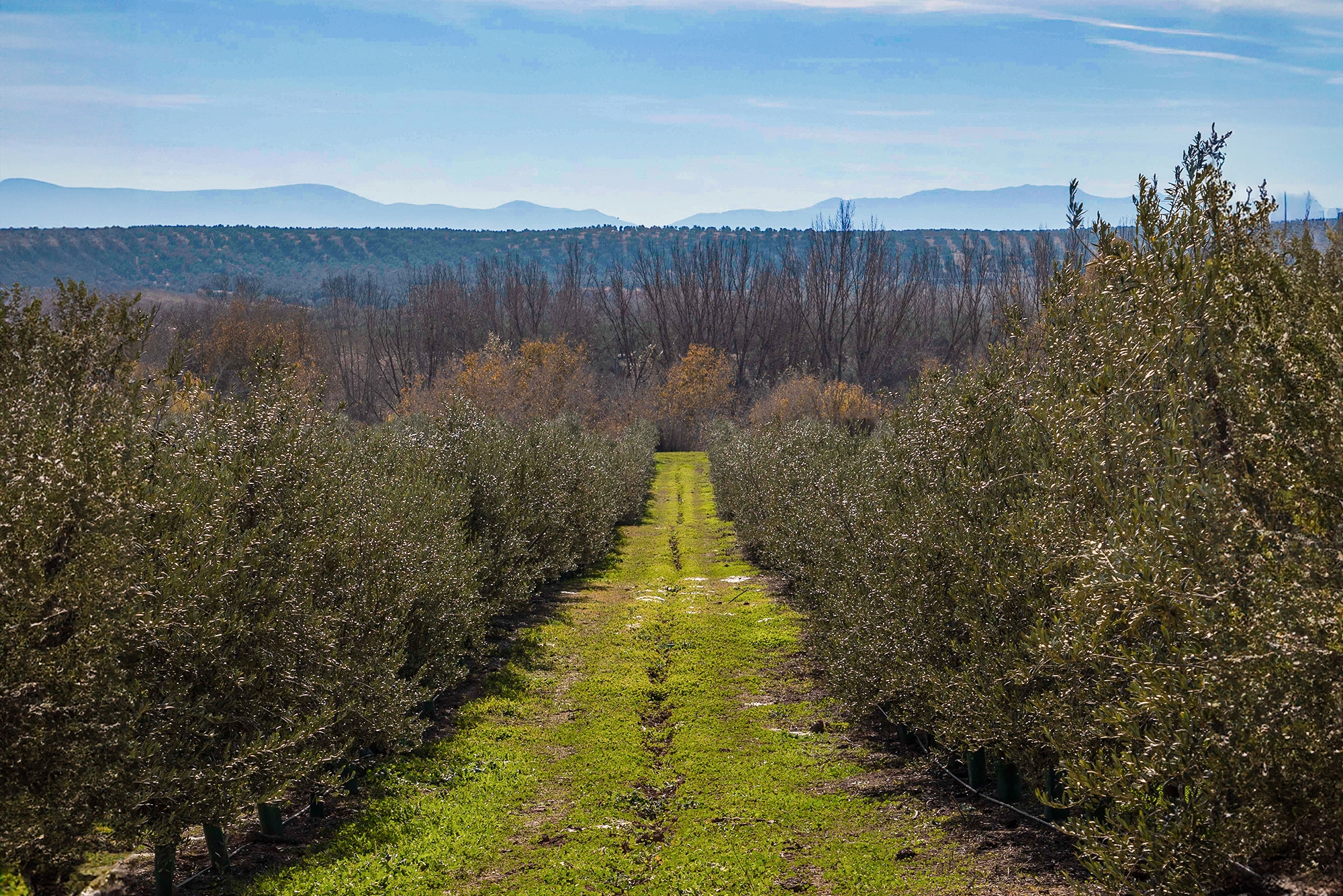
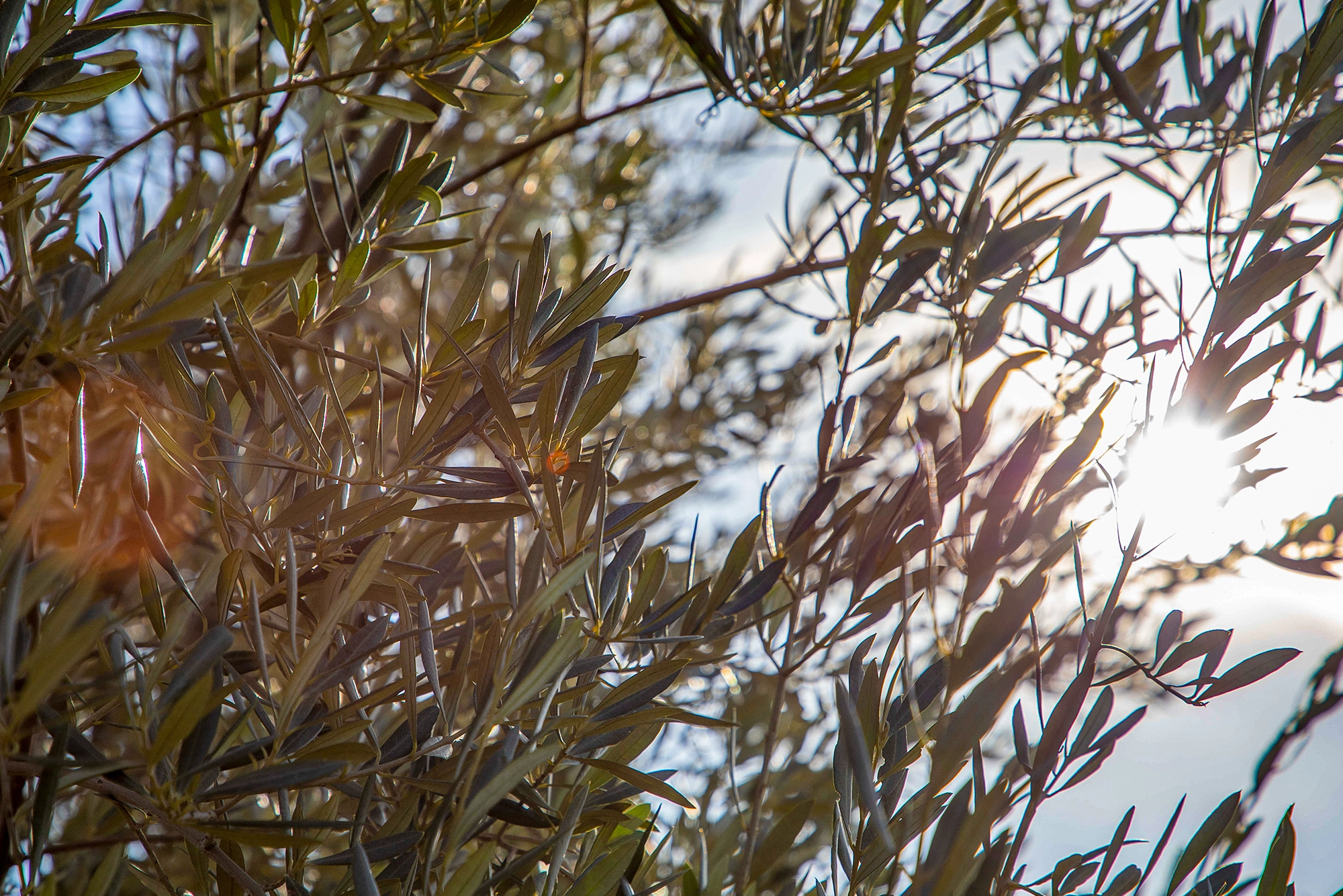
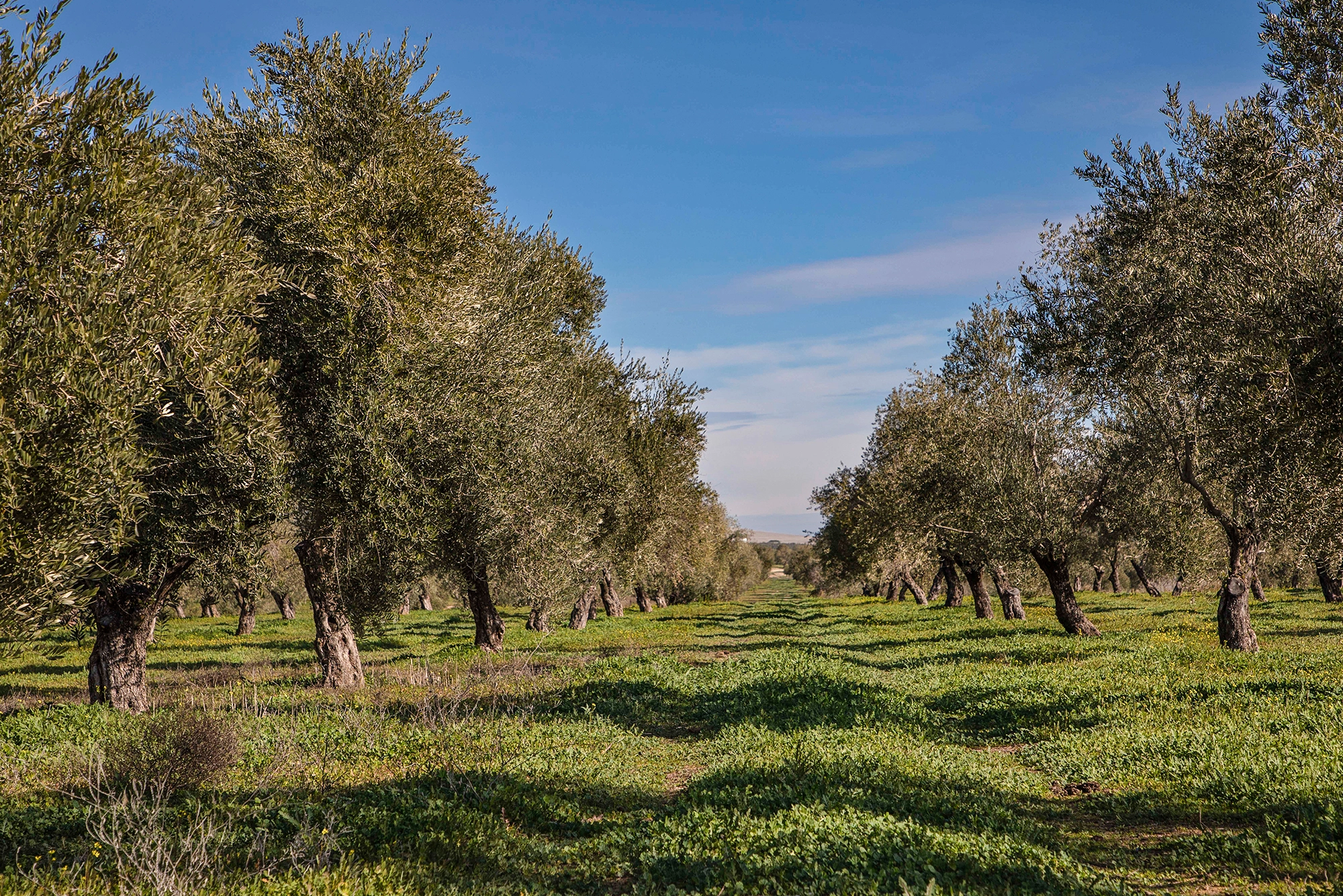
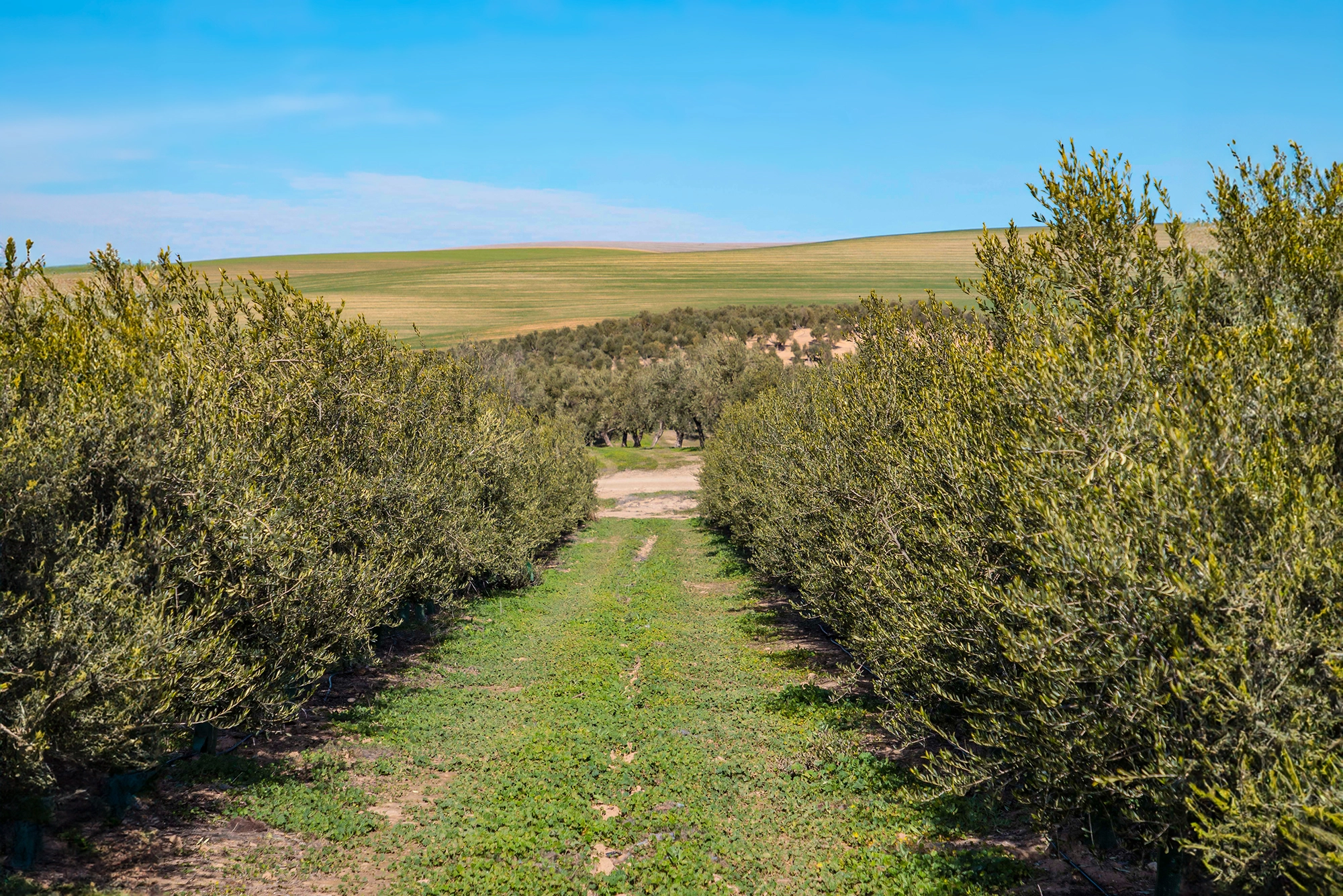
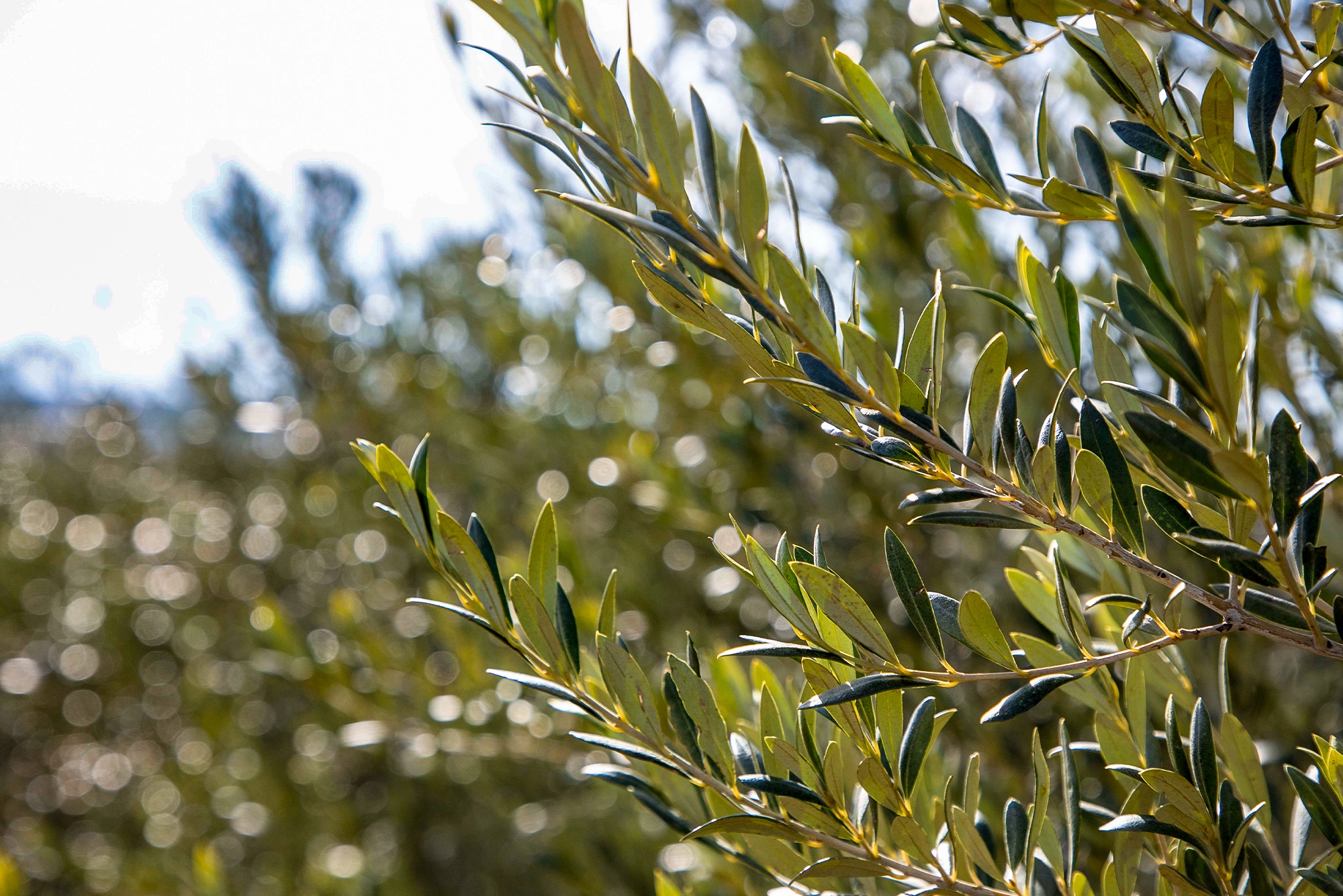
These are the three varieties that we package, each one separately for sale to the end customer.
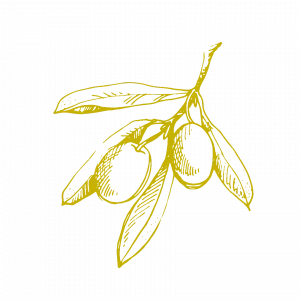
Arbequina
Its name comes from the Lleida town of Arbeca. The Arbequina olive tree is a variety of small olive tree, with few branches.
It provides a very fragrant and high-quality oil, very fluid, sweet and in which almost no bitter or spicy flavors are perceived. Ideal for consumers who are not used to the taste of olive oil. It is recommended to consume it raw.

Picual
Also called marteña or nevadillo, it is the most widespread variety in Spain. Its name refers to the peak shape that the fruit shows, slightly elongated in proportion and wider at the top.
The oil from the picual has a strong personality that makes it easily identifiable, with an intense and characteristic bitter and spicy flavor at the same time.

Frantoio
Frantoio Extra Virgin Olive Oil is an Italian variety of olive tree, native to the region of Tuscany.
It has a fruity flavor with bitter and spicy notes. Olive oil is dark green in color and has very high stability; it is considered a good olive oil for frying.
CASTULO, MILLENNIUMS OF TRADITION
In the 6th century B.C. The first olive tree arrived in the Italian Peninsula, and spread throughout the western Mediterranean area.
At all times great importance has been given to olive oil, for its culinary and medicinal properties.
Óleum ex albis ulivis, green olives harvested by hand.
Oleum viride, almost ripe olives.
Oleum meturum, ground olive
Oleum cibarium, aceitunas picadas o podridas.
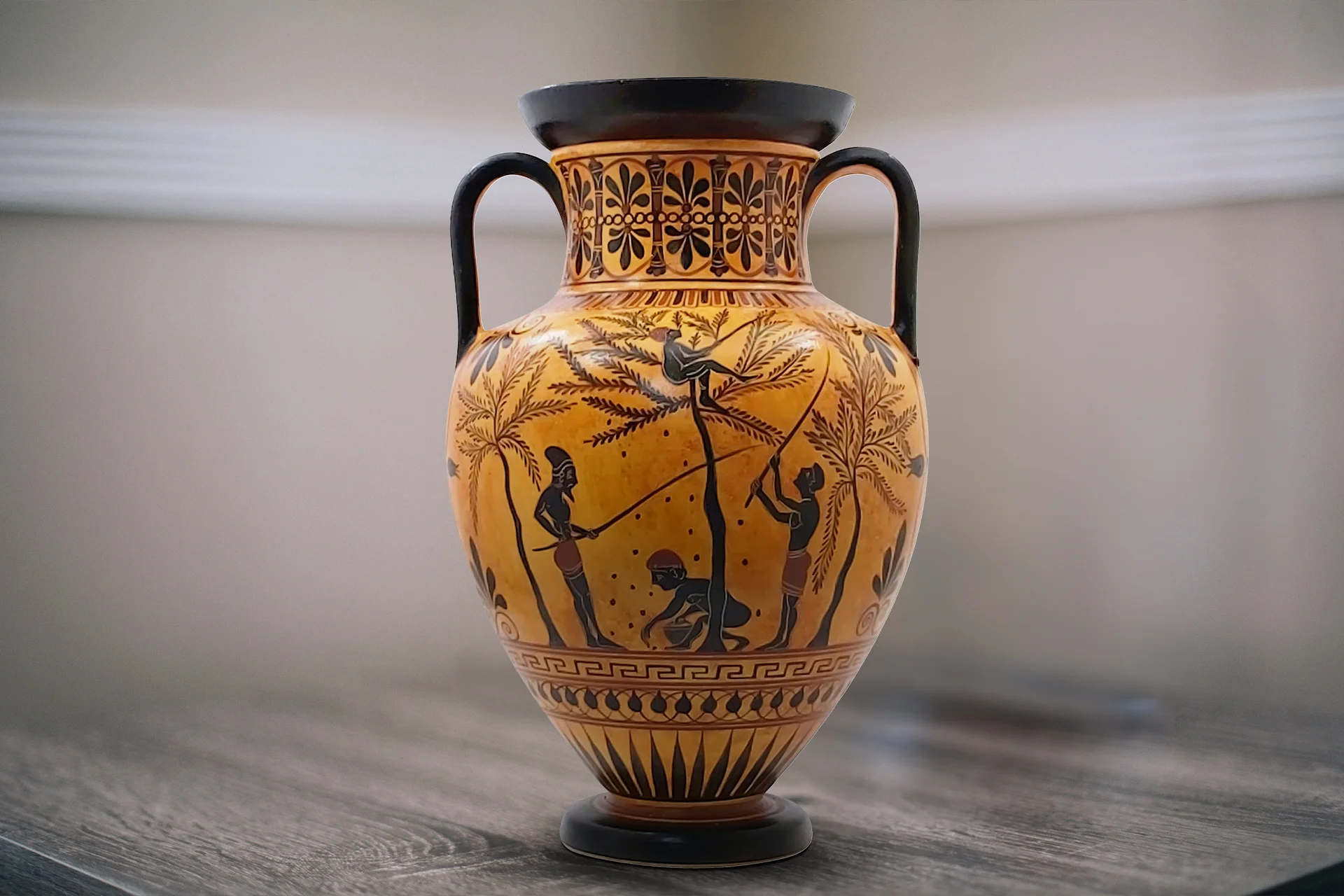
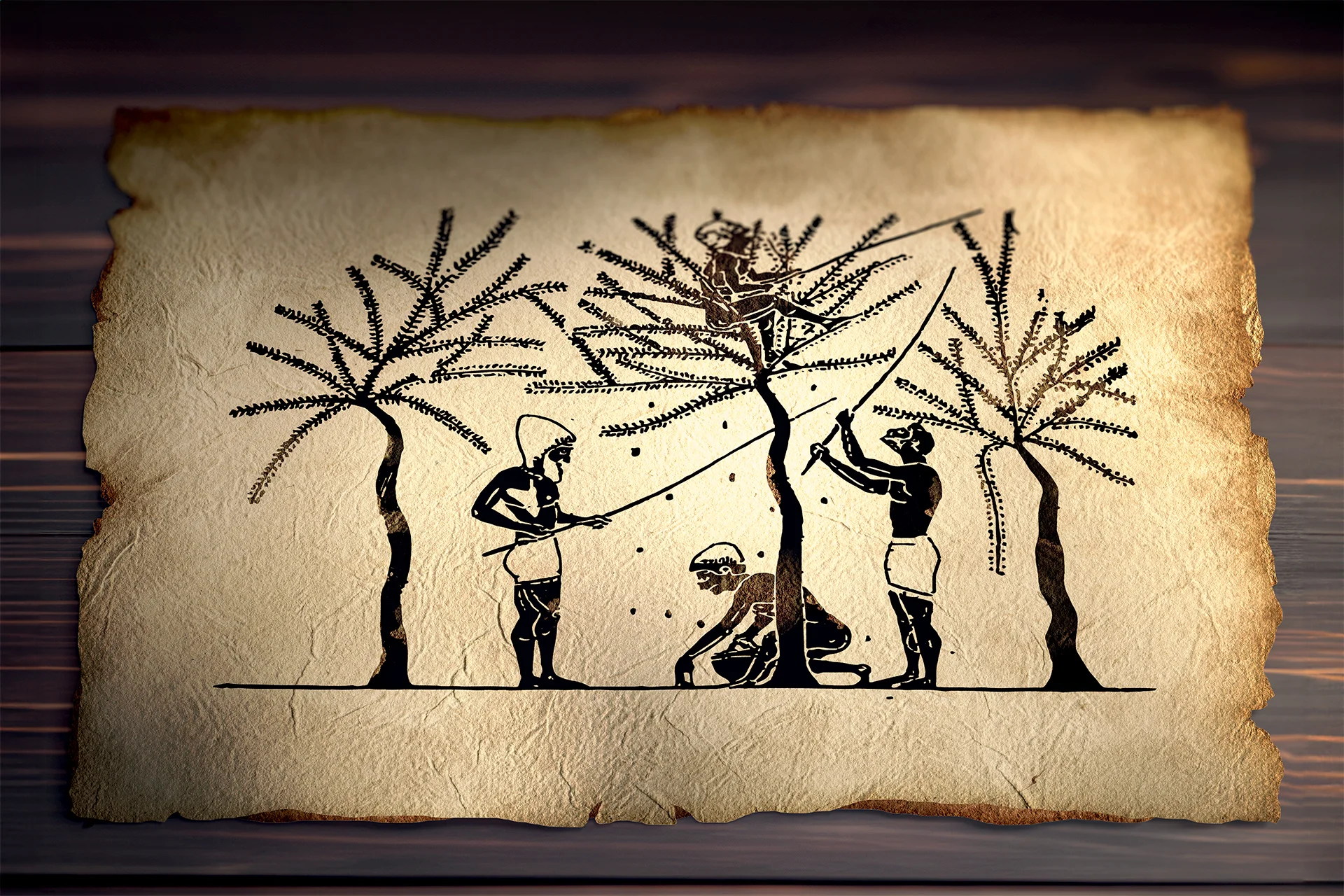
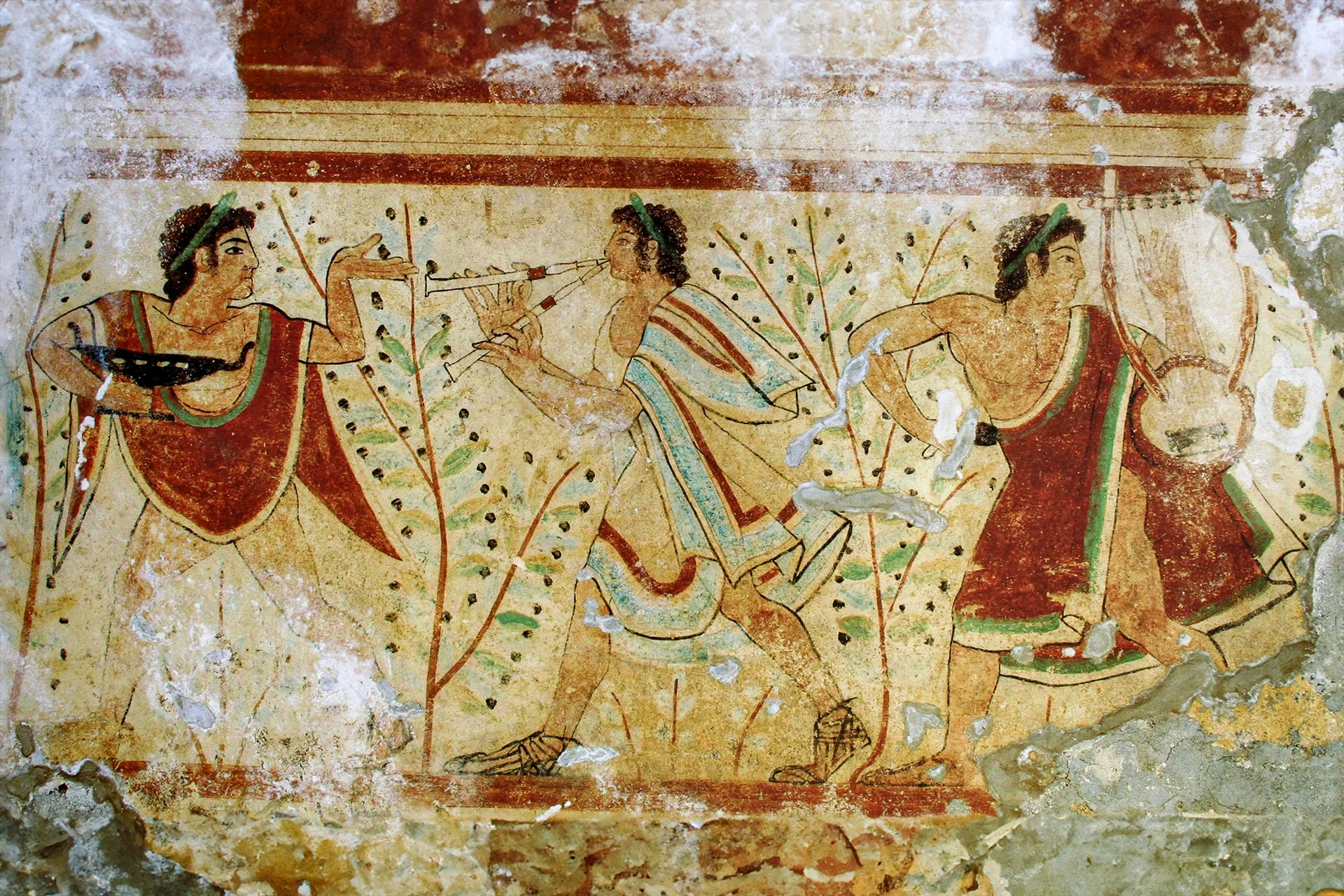
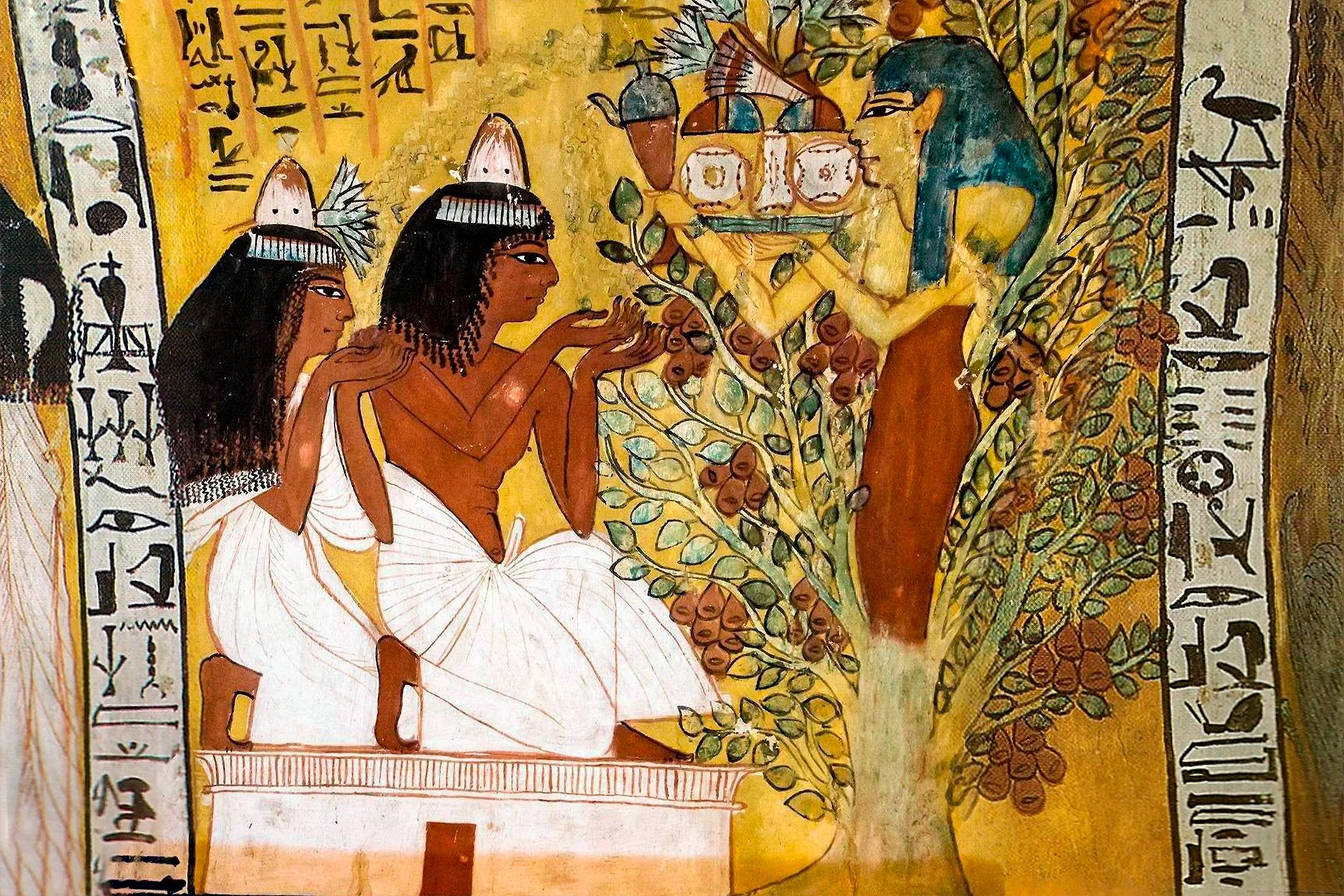
An entire ancient culture of cultivation, production and consumption of oil, a tradition that Zais continues with natural methods to obtain a natural oil that truly serves to nourish the body.
BIODIVERSITY IN THE OLIVE FARM
Zais and its concept of the highest quality EVOO would not be possible if Biodiversity was not contributed and generated since this is the complement to avoid pests and diseases, in addition to beautifying the environment making a pleasant and sustainable place.
The river area that accompanies the farm in its entirety, the hedge, the streams of torrential water, generates the existence of native vegetation and trees, to which we also contribute:
Wild plants planted in areas where they do not hinder the tasks of the olive grove such as the padrones, boundaries of the farm, area without olive trees. It is mainly olive grove, thyme, rosemary, etc.
Archetype Trees in Biodynamics, Ash, Cherry, Oak, Elm, Maple, Birch, Cripes.
Metal posts for eagles and owls that help us control rodents.
Although the olive grove is pollinated through the air, we have placed bee hives that are vital pollinators to maintain biodiversity and the reproduction of many plant species dependent on pollination. We think that it is essential not only to take care of our own field but also of that around us.
CORPORATE SOCIAL RESPONSIBILITY
Committed to the environment, to R+D+I, committed to life, our entity collaborates in several social and educational projects in different countries in America and Africa.
We do this through participation with the social entity INSPIRA SALUD and Cooperativa COACHEL, through projects in Honduras and Gambia.
El aceite de Oliva, nutriente universal y milenario
Dr. Ginés Almazán Campos interview.

